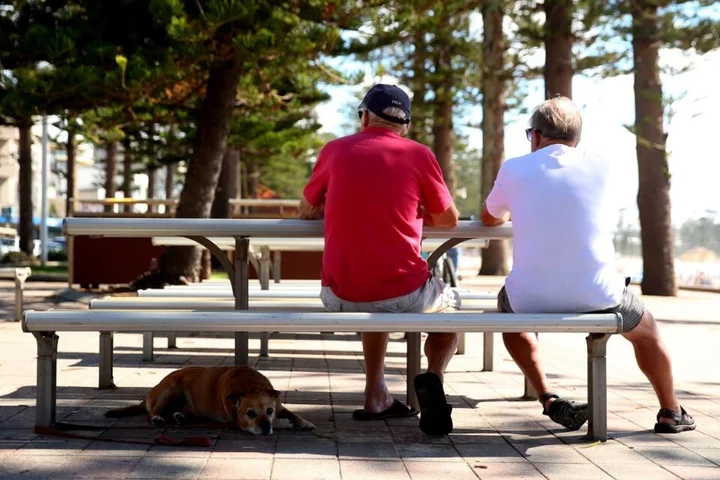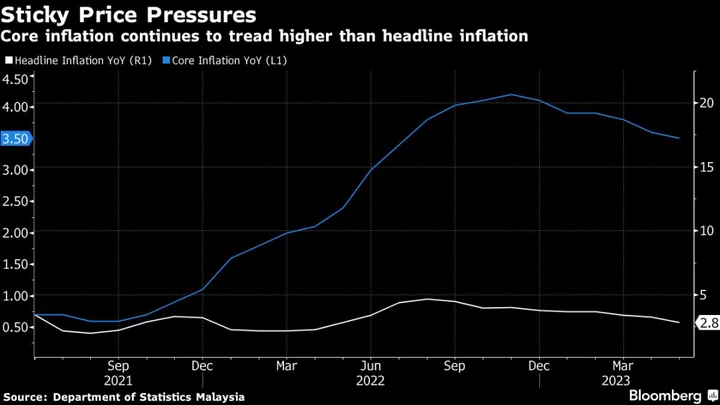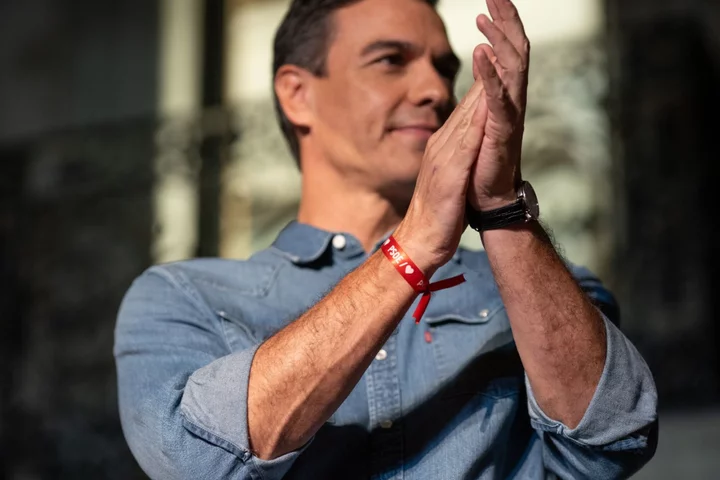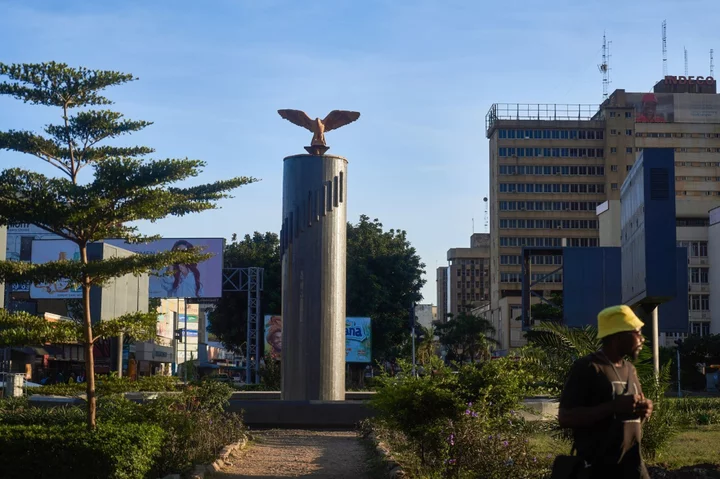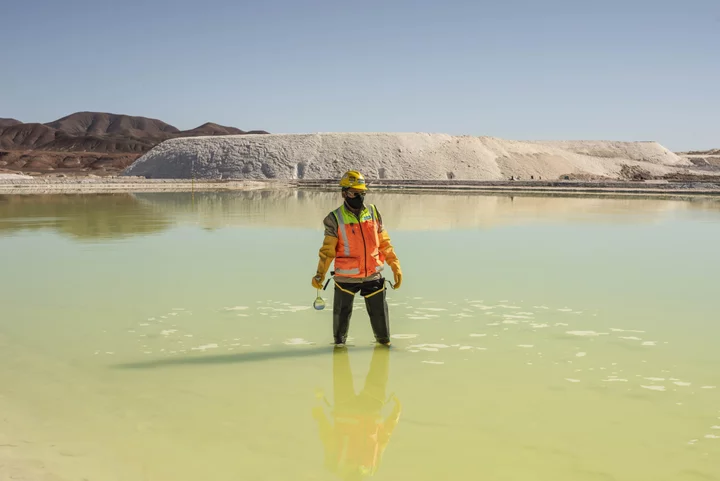Australia’s pensions giants, flush with cash thanks to surging inflows, are looking to private markets for discount deals as global asset prices come under pressure.
The A$85 billion ($58 billion) Construction & Building Unions Superannuation Fund is seeking to invest cash holdings that are “more than double” usual levels, according to new Chief Investment Officer Brett Chatfield. The fund joins rivals AustralianSuper Pty and Australian Retirement Trust in hunting quality assets as the industry rakes in more than A$1 billion a week in inflows.
Cbus is “very actively looking for opportunities,” Chatfield said in an interview Monday, citing private debt as a key area of interest “where we still think returns are fairly attractive.” The fund’s boost in firepower has partly come from selling off some equities, particularly overvalued US stocks.
Other areas of buying interest are infrastructure and property assets including office, retail and industrial buildings, as well as sectors overseas such as medical offices and multifamily residential, he said.
Aware Super, with A$160 billion of assets, has a “substantial amount” of cash to deploy on selective deals, Chief Investment Officer Damian Graham said in an interview. The fund is currently looking at opportunities in digital infrastructure, the clean energy transition and retirement living after recently buying a stake in a UK build-to-rent developer.
“We’re always thinking about making sure we’ve got enough liquidity in the portfolio so that we can be a buyer where we see distress, where we see opportunities,” said Graham. “If we do see a more meaningful recession or even if we see assets start to have to be sold for various reasons, we want to be able to lean into that.”
Australia’s pensions sector needs to deploy cash that’s pouring in from the nation’s compulsory retirement contributions that this month rose to 11% of workers’ salaries. The funds have plowed into private markets in recent years as they scout for returns beyond their own backyard, and are now seeking fresh opportunities as worsening economic conditions trigger the repricing of assets at home and abroad.
The sector is also enjoying a rebound in returns after enduring one of its worst performances ever in 2022. The funds’ default investment options returned an average 8.5% for the year through June, compared with -3.4% in the previous financial year, according to research house SuperRatings.
Property Losses
Australian Retirement Trust, with more than A$240 billion under management, said that property was still one of the “most exciting ways” to diversify away from traditional assets. That’s despite the fund, along with peers including Cbus, seeing write downs from office properties as commercial property woes linger.
“We’re quite comfortable investing into specific pockets of alternative property in the right markets where we can see the sort of demographic tailwinds that will give us some inflation protection looking forward,” ART Head of Investment Strategy Andrew Fisher said in an interview.
ART is continuing to look at alternative property sectors including multifamily developments, retirement villages and caravan parks in the US, he said. It’s also considering opportunities in the student accommodation, health care and self-storage sectors.
Australia’s Top Pension Looks to Spend Cash Pile as Rates Bite
AustralianSuper, the nation’s biggest pension with A$300 billion under management, is similarly poised for good deals. It has around 10% of those funds available for when asset prices improve.
“We’re starting to warehouse or build up cash with the idea that we can deploy that into other investments as pricing gets better over the next two to three years,” Chief Investment Officer Mark Delaney said in an interview last week, adding some of that cash had already been spent on bonds.
“The impact of high interest rates will eventually create opportunities and we want to be in a position to take advantage of them,” he said.

